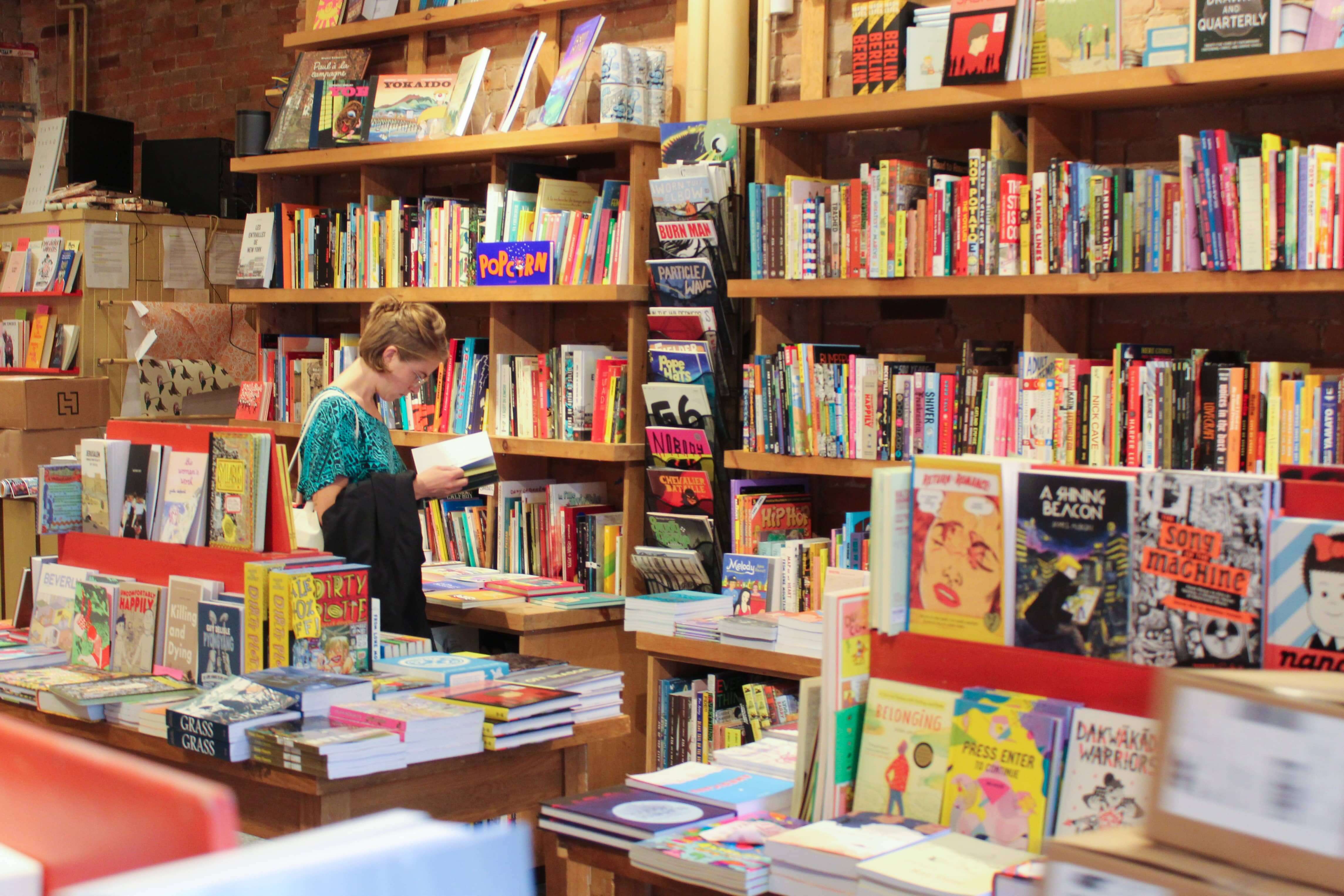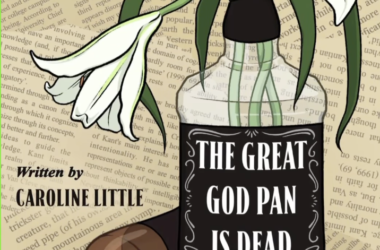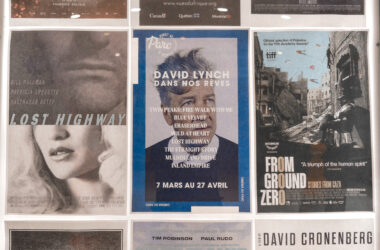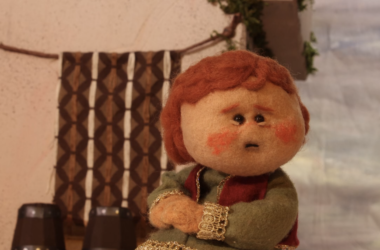Canada’s contemporary literary scene is on the brink of something special. On Oct. 4, La Petite Librairie Drawn & Quarterly converted its tight space into a stage, hosting three significant writers, Alix Ohlin, Megan Gail Coles, and Audrée Wilhelmy.
Ohlin and Coles’ novels have just been shortlisted for Canada’s prestigious Giller Prize—beating out previous winners like Margaret Atwood and André Alexis. As part of their book tours, the two joined Wilhelmy, a revered French Canadian author whose many distinctions include le prix Sade to speak about their new novels. Each gave readings of their newest works, and answered audience questions during a short Q&A period. Sarah MacLachlan, president and publisher at House of Anansi Press, joined the three authors to celebrate the successes each have enjoyed this year.
“When we acquire books at the House, we do it from a great love of the things that we read, of the manuscripts that come in, and these three women have all written extraordinary books,” MacLachlan said. “All three of them have associations and affiliations with the city of Montreal, and the great thing is that they’re writers that represent the country from coast to coast.”
Ohlin, raised in Montreal and living in Vancouver, read the prologue to her novel, Dual Citizens. The story charts the diverging trajectories of two sisters’ lives in Montreal and later in New York City. The novel is a meditation on the complexity of female relationships, told with a distinct Canadian bent. Its prologue, which introduces a contemptuous relationship between sisters Robin and Lark as they walk through the woods, takes place during a wolf attack. With the books connection to the wilderness of the North, Ohlin shares in a tradition that many Canadian authors have explored, also echoed that night by Willhelmy and Coles.
Wilhelmy read from her 2017 novel, Le corps des bêtes, followed by a reading of the English translation, The Body of the Beasts. Her story uses the Arctic wilderness as a central vehicle to convey her protagonist Mie’s exploration of herself and her sexuality. Using her main character’s ability to shapeshift into the animals that surround her, Wilhelmy delves into spirituality and the supernatural in order to show the multifaceted nature of identity. Wilhelmy spoke about the strange experience of having her words translated into a language she could fully understand, and of having an altered version of a text she could still identify with.
“It’s a new discovery of the book for myself,” said Wilhelmy. “Seeing it put in other words […] [the writing] was kind of more crude […] because I [didn’t] really realize how it was crude in French.”
Last to speak was Coles, a Newfoundlander who is currently completing her PhD at Concordia, with her reading of Small Game Hunting at the Local Coward Gun Club. Coles’ novel pits a group of characters against each other in an isolated diner during a Newfoundland blizzard. The novel’s single setting, emphasizes the dynamics of its characters’ relationships instead of plot-centric action. The focus on dialogue and inner monologues likens Coles’ work to a theatre script.
While speaking about her writing process, Coles spoke about imagining the characters first and shaping a narrative around them second. The novel’s dramatic influence might come from Coles’ own experience in theatre, having attended the Montreal-based National Theatre School of Canada. Fittingly, Cole’s reading became a full-blown performance. Standing up, employing accents, and using different gestures and movements to reflect her character’s personas, Coles concluded the evening with a raucous scene, in which her protagonist gets berated by one of the diner’s occupants.
“‘Are you stupid girl, are you? Are you stupid!’ She could talk back, but has been socialized against it,” shouted Coles during her excerpt’s last lines. The audience was silenced in awe, rapt by the force of her words.









